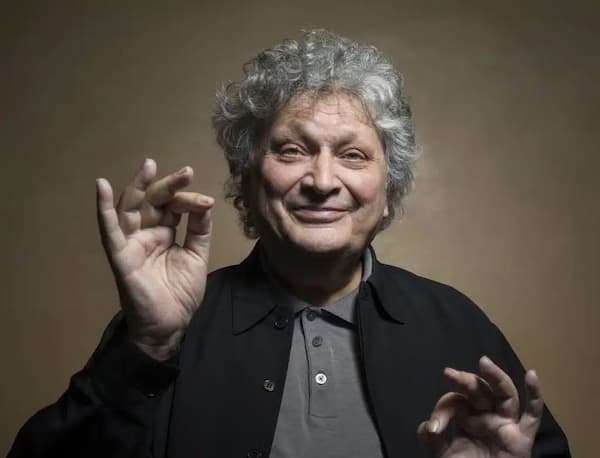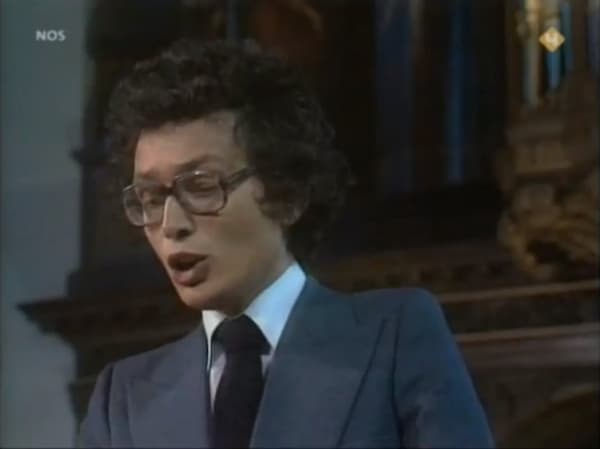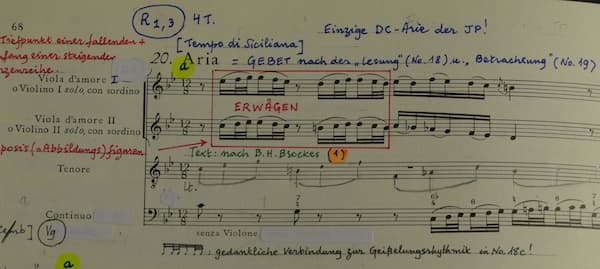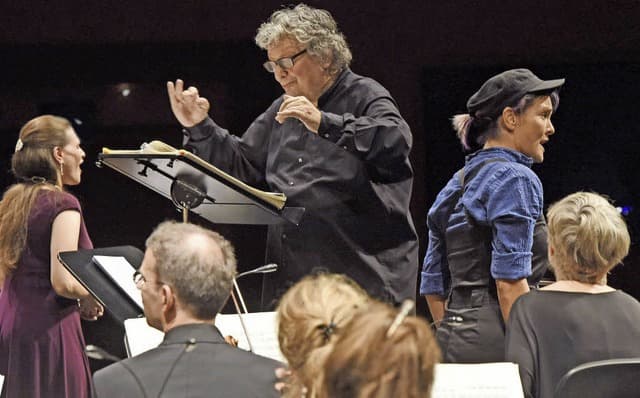The Belgian countertenor and conductor René Jacobs made his début in 1974, singing the role of “Clerio” in Cavalli’s Erismena in Amsterdam. Performing with many leading early and Baroque ensembles, Jacobs eventually founded his own group, “Concerto Vocale,” in the 1970s. Turning towards conducting, he has won acclaim as a Mozart and Bach conductor through numerous performances and roughly 250 stylish and thought-provoking recordings.
René Jacobs Conducts Bach’s Mass in B minor, BWV 232 “Sanctus”
Early Experiences

René Jacobs
Born in Ghent, the capital and largest city of the East Flanders province, on 30 October 1946, René Jacobs started his musical career as a boy chorister at St Bavo Cathedral. He instantly fell in love with the music of Bach because “every year there was a performance of the St Matthew’s Passion in the big cathedral.” As he remembers, “In those years, it was a very romantic performance in the tradition of Mengelberg.”
The conductor of the boy choir at the Cathedral was the priest Noël van Wambeke, an artist that Jacobs still considers his musical father. He introduced René to recordings of the German Lied by Dietrich Fischer-Dieskau. As Jacobs recalls, “What I admired in Fischer-Dieskau was that he could deliver the words in a very expressive way. Because he sang it so well, I fell in love with the poetry itself. I think a musician has to be a poet.”
Monteverdi: “O quam pulchra es anima mea” (René Jacobs, counter-tenor; Konrad Junghänel, theorbo; Jaap ter Linden, cello)
University Studies

René Jacobs in the late 1960s
While remaining active as a singer, Jacobs entered university studies and earned a degree in Classical Philology. He was active as a teacher of Latin and Greek for three years, experiences that served him well later. “Whenever I get to know a new piece,” he explained in an interview, “I ask about the sources. Greek and Latin help with Baroque operas as the themes often come from mythology.”
Jacobs continued to sing in Brussels and in The Hague, and he heard the voice of Alfred Deller for the first time when he was 17. “I recognized the same register that he used in my voice. I went to see him and had some lessons with him in France.” He also met Gustav Leonhardt and the Kuijken brothers, all encouraging him to pursue a career as a countertenor. He quickly established a reputation as one of the most prominent singers of his time, and he recorded lesser-known Baroque music by Cesti, d’India, Ferrari, Marenzio, and others.
René Jacobs Conducts Haydn’s Harmoniemesse in B-flat Major
Towards Conducting

René Jacobs’ analysis of a score
As Jacobs explained in an interview, “as a singer, I performed vast repertoires of vocal chamber music and chamber music with voices. At some point, I came across a baroque opera from the 17th century. I said to myself that this is so interesting and no one does it. I then took it to the early music festival, and it was a huge success. I conducted and sang at the first performances, but that didn’t last forever. Finally, a colleague of mine sang. A lot came out of this, including things that I could never imagine.”
Looking back at years of experience as a singer, Jacobs quickly became known as a singer’s conductor. “I knew how to breathe like a singer, and as singers, we are always involved with the text before the music.” For Jacobs, a conductor has to be in love with poetry, “but that is rarely the case.” Before Jacobs actually looks at the score, he first studies the libretto. For Jacobs, “the poetry without the notes of the composer is still music.” Intimate knowledge of the poetry also means that he spends a lot of time with singers on recitatives.
Antonio Caldara: Vicino a un reivoletto (René Jacobs, counter-tenor; Sigiswald Kuijken, violin; Gustav Leonhardt, harpsichord)
Performing Practice

René Jacobs conducting
Jacobs had always been interested in historical performance practices and gained valuable insights through various collaborations. However, he hates being called a specialist of early music. “I am not a specialist,” he exclaims, “for me, early music is old in the sense that for Mozart the works of Handel were old, but of course, the time distance makes a difference.”
Jacobs wants to break away from old performance traditions, and for this reason, he always engages in an intense study of all sources. He actively searches for historical sources, but since musicology began in the 18th century, various works were already published at the time. Jacobs is adamant, however, that scholarship “should not be an alibi for a lack of imagination.”
For more of the best in classical music, sign up for our E-Newsletter
